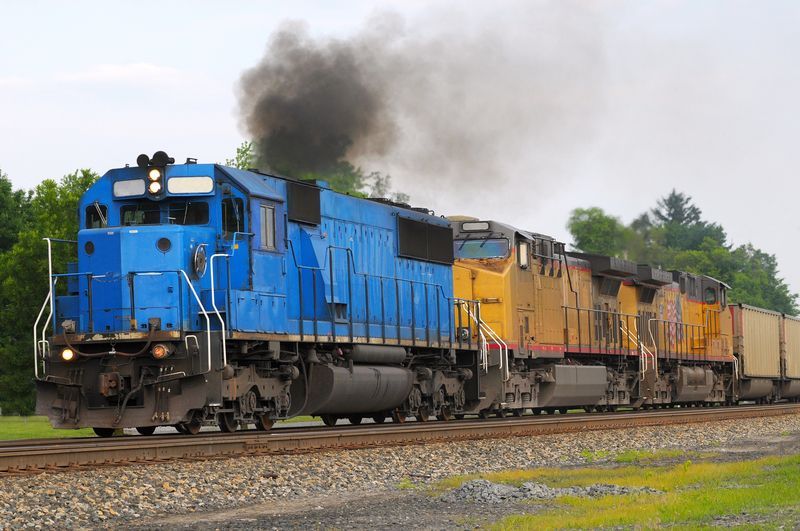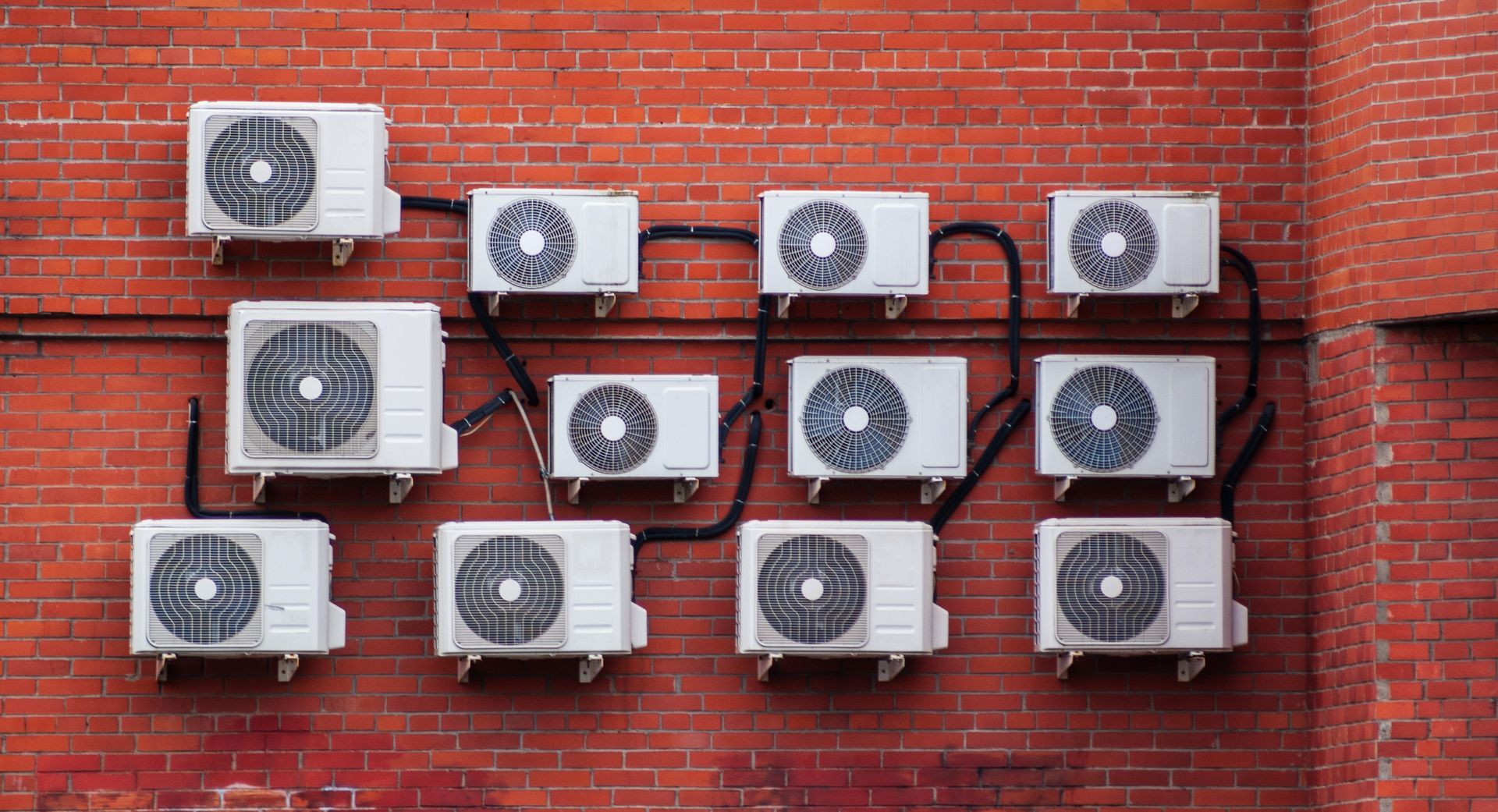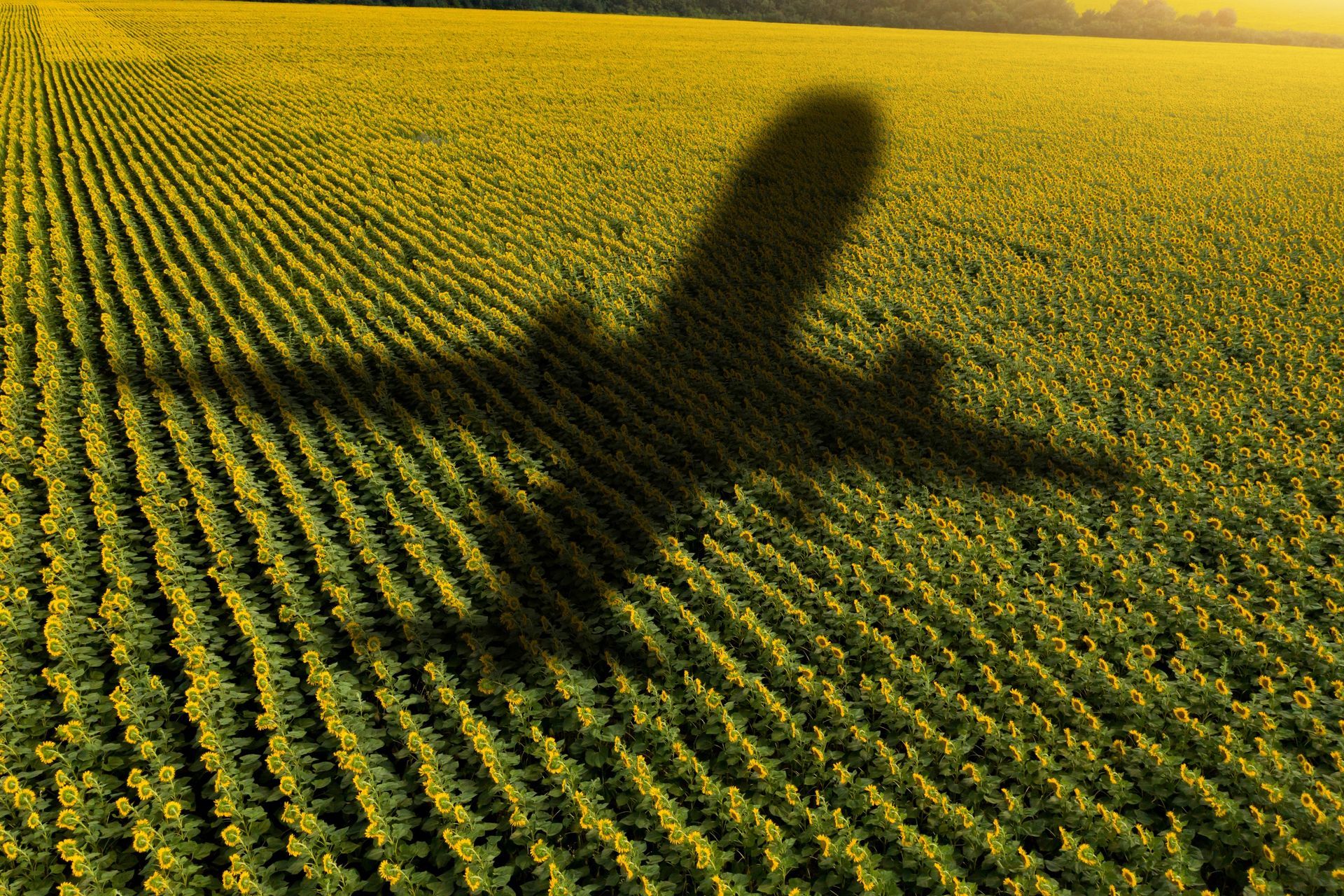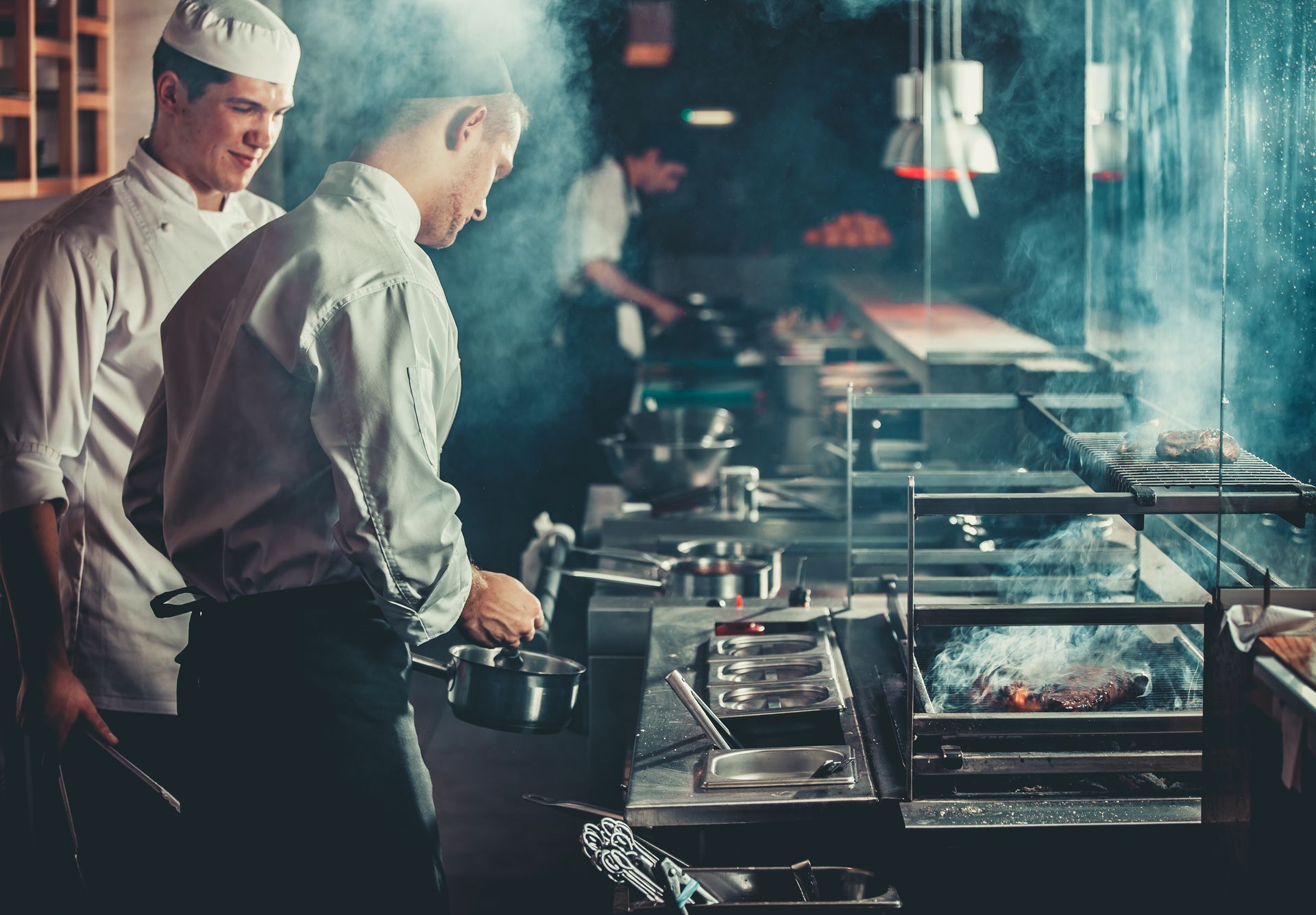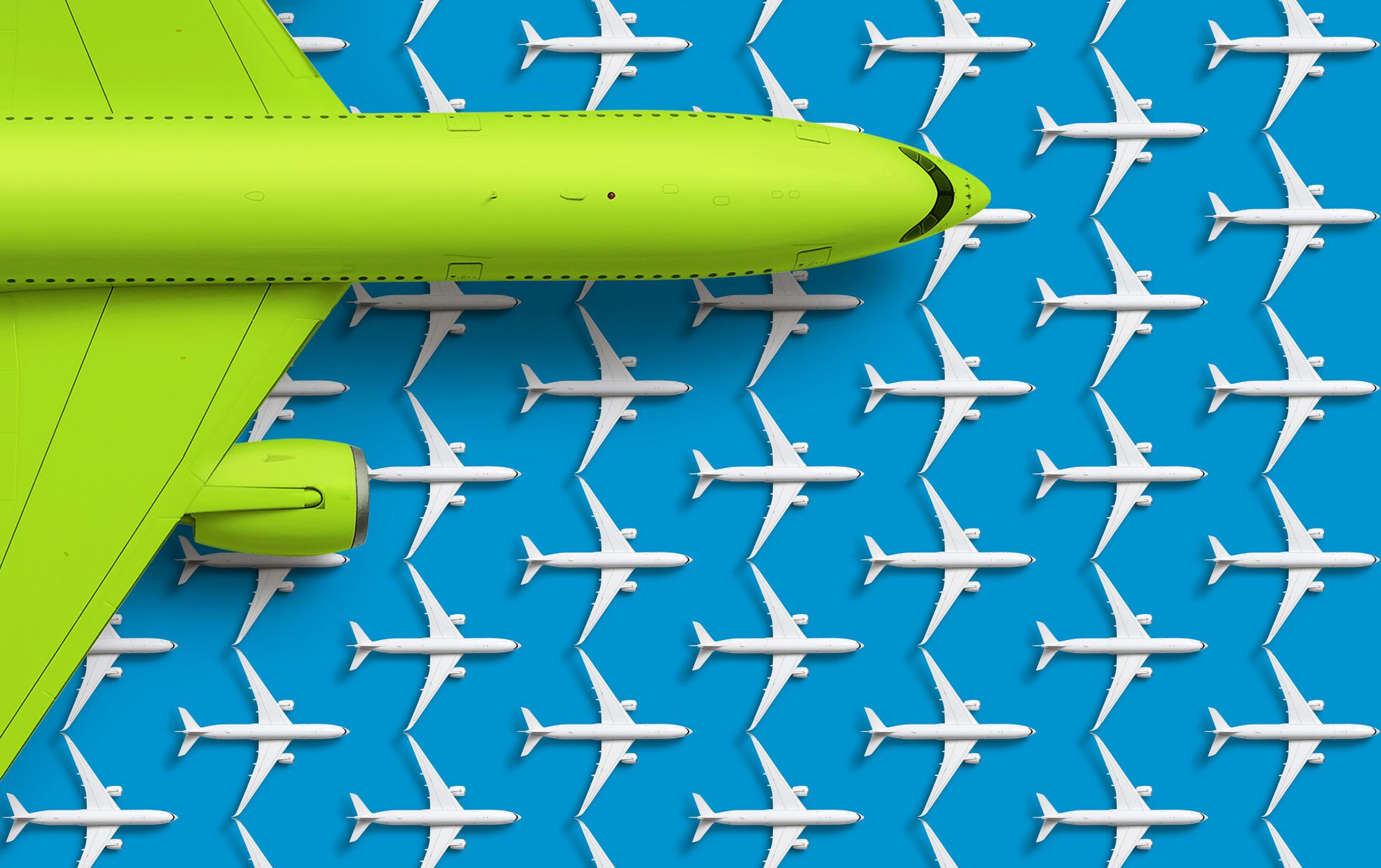Sustainability in Skies Starts With Smarter Fuel In Our Airplanes
SAF A Big Step Towards Sustainability
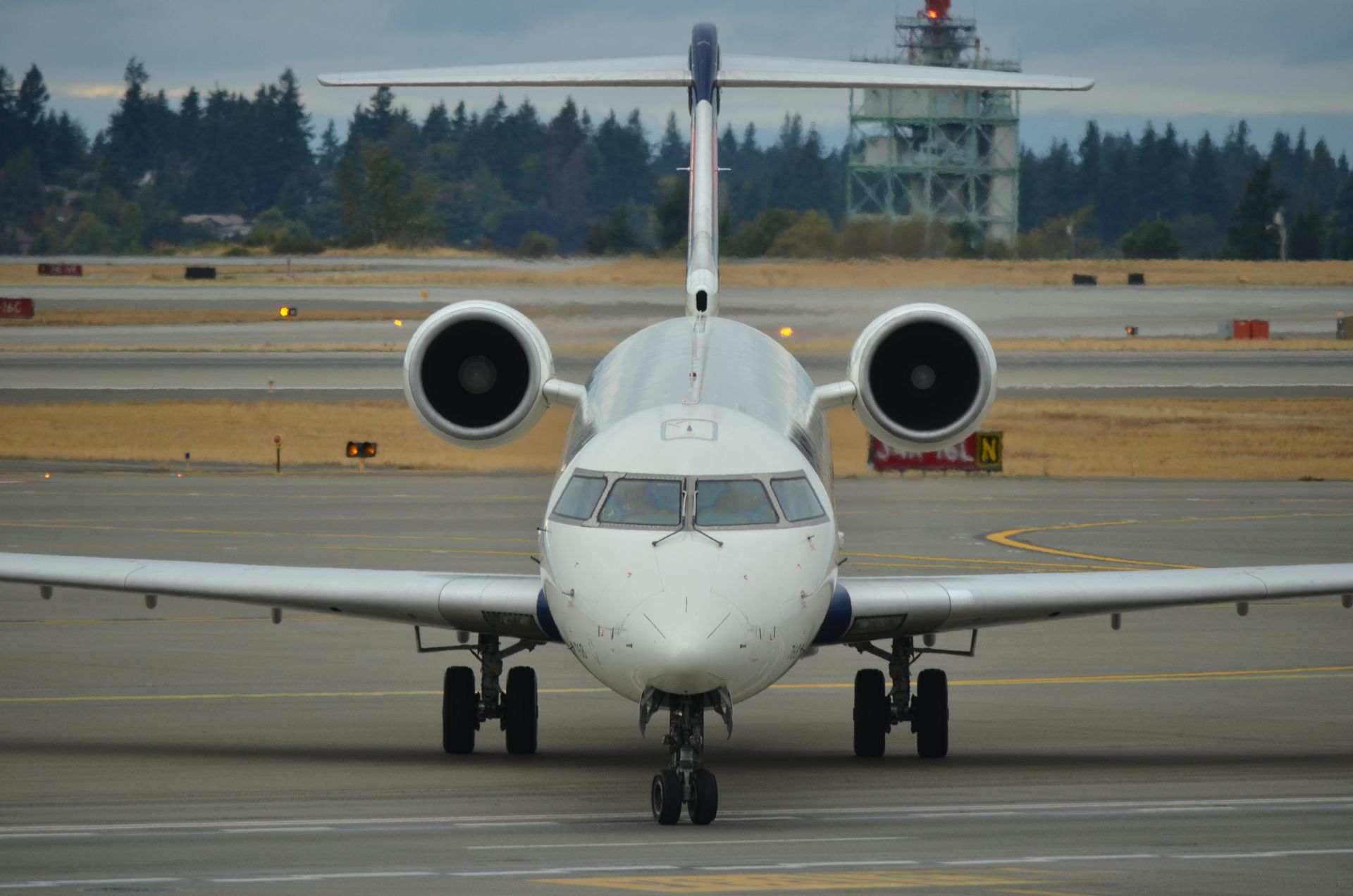
Perfection is never attainable. In fact, working toward “perfect” is often the enemy of progress.
Case in point is the challenge of decarbonizing our planet over the next two decades. As we witness record-breaking temperatures around the globe this summer, it is one of the most difficult tasks humanity has ever undertaken, in part because there are no perfect solutions or silver bullets to solve this daunting challenge. We are, however, making progress in a number of areas, including more environmentally friendly fuels to power our airplanes.
In 2022, nearly
50 million travelers passed through Seattle Tacoma International Airport on their way to places like Anchorage, Las Vegas, England, Japan and other destinations. As the region’s gateway to the globe, 33 airlines connect to 92 non-stop domestic and 28 international destinations. As our population continues to increase, so will those numbers, with air travel still being one of the most accessible forms of long-distance transportation, especially in the western United States.
Sustainable Aviation Fuel Most Promising Solution To Curb Carbon Emissions
While aviation remains one of the most difficult transportation sectors to decarbonize, one of the more promising solutions are sustainable aviation fuels (SAF). Made from food waste, restaurant greases, and forest residue,
SAF reduces aviation emissions by up to 80 percent while getting rid of tinder that could turn into forest fires and putting a steady revenue source into the pockets of small restaurant owners.
These second-generation biofuels are already creating thousands of jobs in our state and have generated
billions of dollars into our economy by working with other clean energy sources to decrease carbon emissions. In fact, more than 8,000 restaurants in the Seattle area alone, recycle their used cooking grease for use in biofuels.
Today's sustainable aviation fuel, while far from perfect, is nonetheless very real. It’s the one source of propulsion for airplanes that’s ready today so we don’t have to use precious time we don’t have, to make meaningful cuts in climate pollution.
SAF Secures Broad Bipartisan Support
That’s why, as part of the state’s climate action strategy, Washington Governor Jay Inslee and the Washington State legislature overwhelmingly supported legislation this year to provide price-per-gallon incentives for the production and use of SAF in Washington. The Port of Seattle, among others, advocated for this new law as part of its multi-year push to accelerate the deployment of locally produced SAF at Seattle-Tacoma International Airport.
But we do have a long way to go, as the
Seattle Times editorial board noted on July 5, 2023. In fact incentives will be critical in order to reach the White House’s “Grand Challenge” of increasing production of SAF to 3 billion gallons per year by 2030 (GAO report released March, 2023.)
Sustainable Aviation Fuel Production Trended Upward In 2022 To 79.3M Gallons
The good news is the numbers are trending the right direction. The International Air Transport Association (IATA) estimates that the total production worldwide of sustainable aviation fuel tripled in 2022, reaching at least 79.3 million gallons with 15.8 million gallons of that coming from the U.S.
Suggesting people just “fly less” is not only unreasonable, but unrealistic. Horses and buggies aren’t our future. Encouraging cleaner alternatives to fossil fuels is going to put us on the path to true sustainability while also cultivating an industry that could mean thousands of new jobs and millions of new dollars for our state's economy.
Related Stories:
Washington Lands Sustainable Aviation Fuel Plant
Cleaner Jet Fuel Is Set to Take Off

